Photo © Tourism Australia
Australia
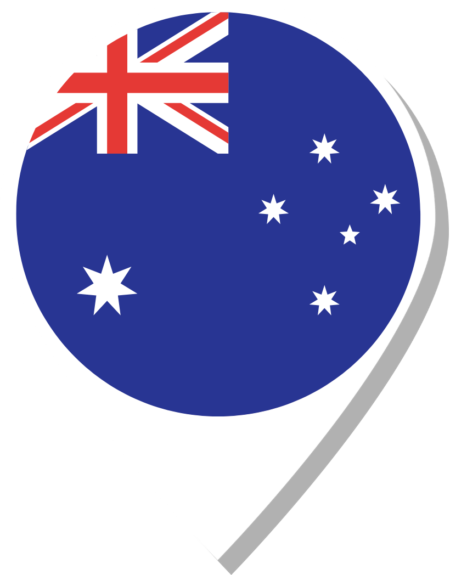
Unique biodiversity and ancient geology
Travellers love Australia for much more than its iconic landmarks and wide open horizons: visitors come for the ancient desert landscapes, tropical rainforests, golden beaches, deep blue oceans, modern cities, and welcoming country towns.
But don’t just stop with the landscapes! Take the opportunity to learn about the people that live in this big country – home to the world’s oldest living culture. The vibrant diversity of Australia’s multicultural population today offers new Australia green holidays experiences around every corner.
Not sure where to go?
Explore the options for a responsible trip
GOOD PLACES TO VISIT
Explore destinations that were awarded for their sustainability efforts
GOOD BUSINESSES
Discover accommodations, restaurants, shops and attractions that are commited to responsible development
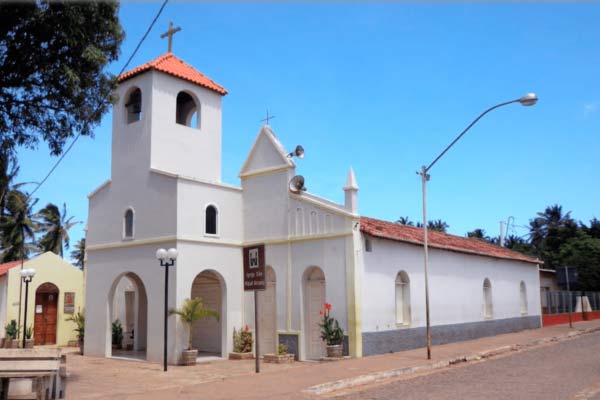
Historic and cultural heritage
In addition to the beaches, take the opportunity to visit the Casa de Taipa Museum and the Church of São Miguel do Arcanjo.
PROMO CODE:
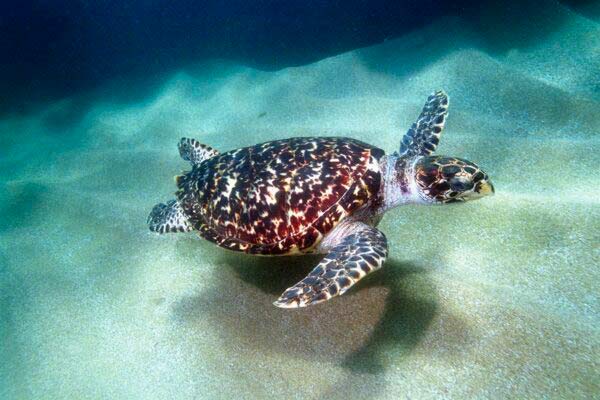
Historic and cultural heritage
In addition to the beaches, take the opportunity to visit the Casa de Taipa Museum and the Church of São Miguel do Arcanjo.
PROMO CODE:

Historic and cultural heritage
In addition to the beaches, take the opportunity to visit the Casa de Taipa Museum and the Church of São Miguel do Arcanjo.
PROMO CODE:
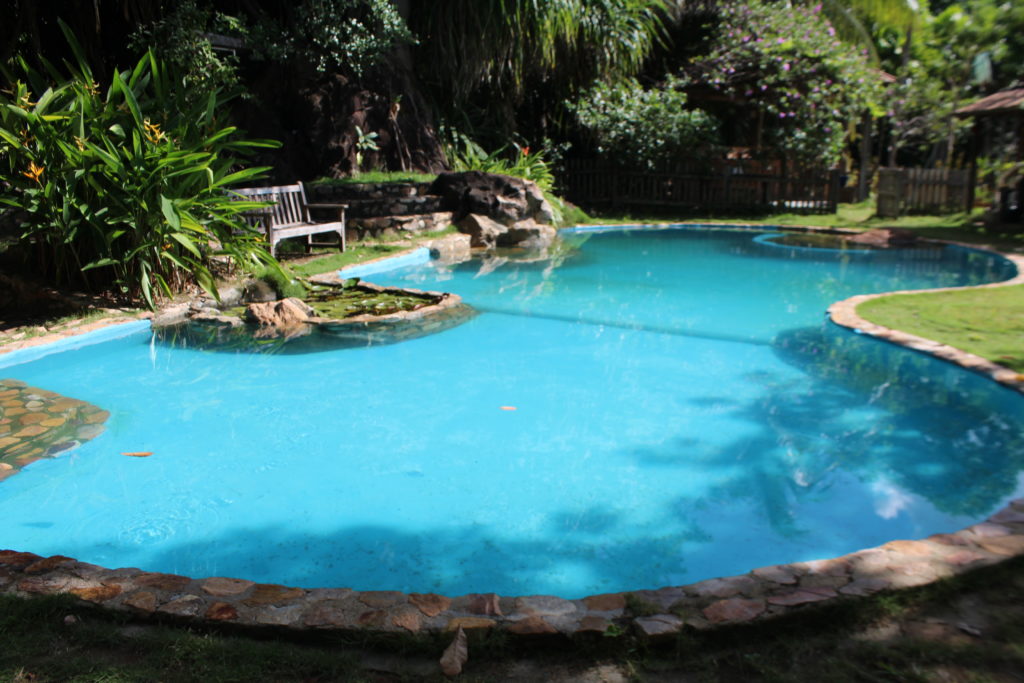
Historic and cultural heritage
In addition to the beaches, take the opportunity to visit the Casa de Taipa Museum and the Church of São Miguel do Arcanjo.
PROMO CODE:
Sustainability
Australia’s diverse ecosystems are worth over AUD 1,300 billion/year to the Australian economy and the country’s protected areas offer visitors uniquely Australian experiences such camping, bushwalking, wildlife tours and engagement with Indigenous culture. Tourism also brings job opportunities and income to Australia’s regional economies.
As Australia’s peak body for eco-and sustainable tourism, Ecotourism Australia inspires environmentally sustainable and culturally responsible tourism through the provision of certification programs for tourism businesses and destinations and collaboration with government agencies and other organisations.
GOOD PRACTICE STORIES

Get inspired with stories from places and people that are acting for a fair and responsible tourism
Barrington Coast
Destination Barrington Coast was a result of the controversial 2016 local government merger, and brought together three tourism regions, each with differing priorities and marketing strategies. It was obvious that a new direction was needed for the newly formed destination. The destination wanted to achieve seamless delivery of an exceptional visitor experience, connecting visitors to an authentic destination story that is innovative and inspirational. Hence a new Destination Management Plan was made with sustainability at its core by delivering significant benefits to the local community and re-enforcing the importance of protecting their natural assets.
Central Coast
The NSW Central Coast’s waterways and coastlines offer a fresh perspective of this certified Australian ECO Destination. But with peak tourism season, major events, and threatened birdlife, the region is calling on collaboration to tackle waterway wellbeing. The Little Tern Conservation Project was created to ensure breeding success by effectively managing nesting habitat and issues like human disturbance at nesting sites, and predation by foxes, dogs, cats, or larger predatory birds. Central Coast waterways are also home to the iconic Australian Pelican. In September 2023, after pausing since COVID-19, Destination Central Coast launched a new, eco-friendly, educational tourism experience called ‘Pelican Time’ hosted by trained experts at Marine Wildlife Rescue Central Coast (MWRCC). This new attraction celebrates these magnificent local birds in a respectful, engaging, safe way where tourists take home eco-facts over invasive photos.
Townsville
Townsville’s resilience in the face of climate adversity is showcased through its innovative use of locally-made smart environmental monitoring technology. In response to extreme weather events, Townsville City Council has partnered with researchers to develop budget-friendly environmental technology. This initiative enhances understanding of local environmental conditions and empowers participants through education and engagement. Key results include comprehensive environmental data collection, development of sensor building activities into tours, engaging people in STEM education (Science, Technology, Engineering, Maths), and increasing resilience to future climate challenges.
Tourism & People
Consumer demand research shows that visitors frequently choose Australia because it seen as a safe and secure destination.
Tourism contributes AUD 60.8 billion to the Australian economy and provides employment for 5% of Australians. It is an especially important industry for regional Australia, where nearly half of the nation’s tourism expenditure happens and tourism directly employs over half a million people.
As Australia is a vast country, overcrowding is rarely an issue. However, some popular national parks, cities and towns can become crowded, especially during peak holiday seasons (Christmas, June/July).
Travel tips from our editors
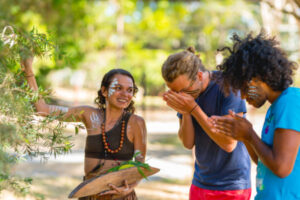
The oldest living culture in the world
Australia’s Aboriginal and Torres Strait Islander culture dates back more than 60,000 years – and you can still experience and learn about these amazing cultures today. Aboriginal culture has very strong ties and connection to family, community and country.
Aboriginal people believe their ancestral spirits emerged from the earth and the sky so “being on country” is integral to the Aboriginal worldview and important to their way of life. Often ‘Aboriginal’ or ‘Indigenous’ can be used to describe Australia’s First Peoples, however many individual ‘nations’ make up this beautiful country so it’s best to ask individuals what they prefer to be referred to.
Take the opportunity to explore and get to know the local Aboriginal or Torres Strait nations of the area you are visiting.
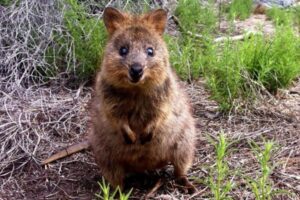
Get to know the local wildlife
In Australia, nature is everywhere – from protected areas to urban landscapes. Not only is this nature essential to the health, well-being and quality of life of visitors and local residents alike, it’s also fundamentally important to Australia’s economy. Everyone has a joint responsibility to protect and conserve it.
Travellers who are looking for hands-on, interactive and/or educational nature experiences should check the Green Travel Guide and choose tourism businesses which are ECO certified to make the best out of Australia green holidays. These businesses are committed to protecting Australia’s unique wildlife and contribute to conservation, ensuring Australia’s unique biodiversity and fragile environments are protected for generations to come.
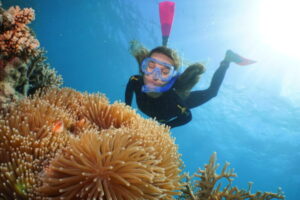
Waste separation for recycling
Australia’s vast land is separated into 6 states and 2 territories, all of which have their own state government. You may find each state does things differently when it comes to plastic and recycling management; sometimes it is even different per region. However, you should find recycling bins in most locations, usually split into 3 categories: paper and cardboard, bottles and cans, and household items. Major supermarkets have collection points for your soft plastics to be recycled, so don’t throw them into the normal rubbish bin. Don’t forget to book your accommodation, tour or experience with an ECO certified businesses – by holding this certification they ensure quality waste minimisation strategies in their business.
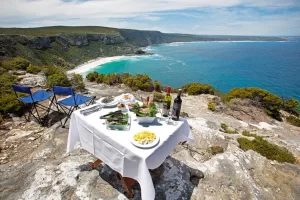
Keep an eye on the sustainability certifications
There are numerous sustainability certifications to keep an eye out for when travelling around Australia on your green holiday. These are third party independently verified programs that are recognised by GSTC:
– ECO Certification
– Respecting Our Culture Certification
– Climate Action Certification
– ECO Destination Certification
– ECO Guide Certification
Find experiences with these certifications.
– EarthCheck Certification
– EarthCheck Sustainable Destinations
Find businesses with these certifications.
Visiting the Great Barrier Reef? Make sure you travel with a high standard tourism operator (HSTO). Great Barrier Reef Marine Park Authority recognised these businesses for best practice sustainability standards. Choose a HSTO. HSTOs may also have Master Reef Guides onboard.

Getting there
Australia is a long-haul destination for most international visitors. To limit your carbon emissions, make sure you select the offset option when booking your flight, choose the most direct route possible and pack light. Once in-destination, remember to stay, spend and eat locally, choose ECO certified experiences wherever possible and travel responsibly.
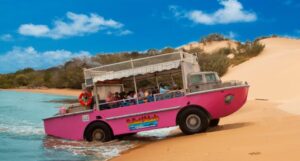
Getting around
By plane: Australia is a big country and so flying is the quickest way to cover Australia’s large distances in a short time. Australia’s domestic airlines serve all state capital cities and many regional cities, making it an easy way to travel between Australia’s iconic destinations. However you will still need to then take a bus or car to reach some of the beautiful natural landscapes outside of the cities.
By car: Australia has a vast network of well-maintained roads and some of the most beautiful road trips in the world. You’ll find car rental companies at major airports and central city locations.
By train: train travel is more environmentally friendly and can connect cities to some regions. This is a scenic way to explore Australia.
By bus: coach and bus travel in Australia is comfortable, efficient and reasonably priced. More information can be found here.
Nature & Wildlife
Australia’s natural wonders are second to none. The country is home to unique and diverse ecosystems, from the awe-inspiring Great Barrier Reef to the ancient, rugged landscapes of the Outback. You can encounter iconic wildlife like kangaroos, koalas, and wombats, as well as elusive creatures such as the platypus and Tasmanian devil. Birdwatchers will be delighted by the multitude of parrots, cockatoos, and emus. Australia’s pristine beaches are often visited by sea turtles, while its forests are inhabited by various marsupials and the singing lyrebird. With over 500 national parks, conservation is a top priority, and you’ll find yourself in a sanctuary for both nature and wildlife enthusiasts.
Sustainability Recognitions
Brazil has 9 destinations featured in the Top 100 Sustainable Destinations 2021.
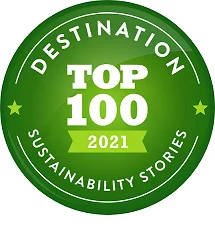
Other sustainability certifications can be seen here (English) and here (Portuguese).

Claire Ellis |Chair of Ecotourism Australia
“Home to some of the world’s most fascinating and diverse flora and fauna, Australia also offers a richness of culture for visitors to explore and experience.
At Ecotourism Australia we have been working since 1991 with local tourism businesses, park managers, governments, communities and visitors to ensure this variety of natural and cultural wealth continues to flourish and thrive. Sustainable tourism and ecotourism are not new concepts for us. Our commitment shows with 36 of our ECO Certified businesses having been certified with us for 20 years or more, and 213 businesses certified for more than 10 years.
We will never stop striving for continuous improvement and working with our regional destinations around all aspects of sustainable tourism management of this beautiful country which we call home. We welcome you, our visitors, to come and play your part in helping preserve and improve our natural and cultural resources, for our future communities and visitors alike.”
Visit other destinations nearby?
Get in touch
Support
We are a multicultural, creative and dedicated team working to promote sustainable tourism. Join us in our fight against the climate crisis, single-use plastics and over-tourism!
